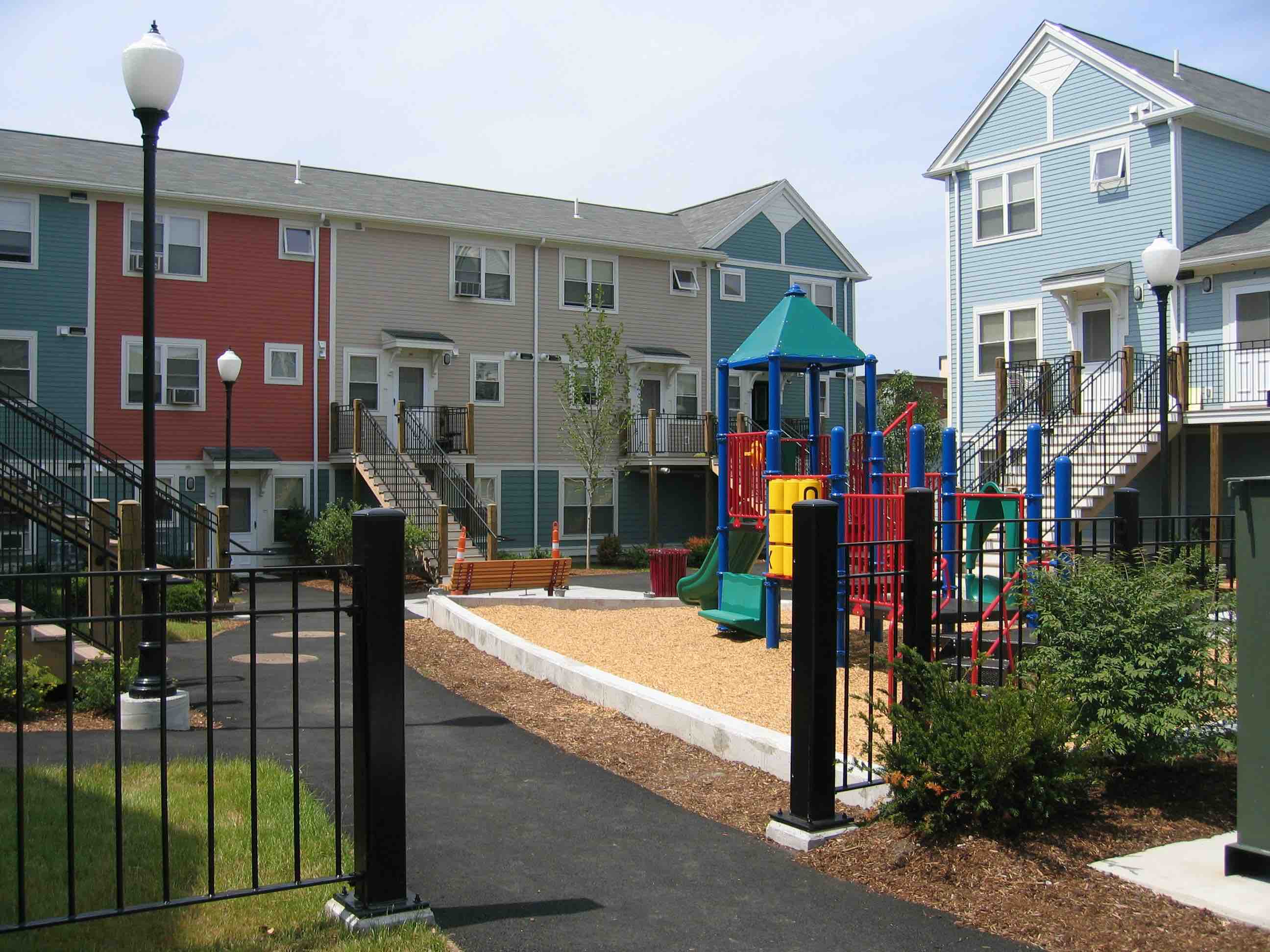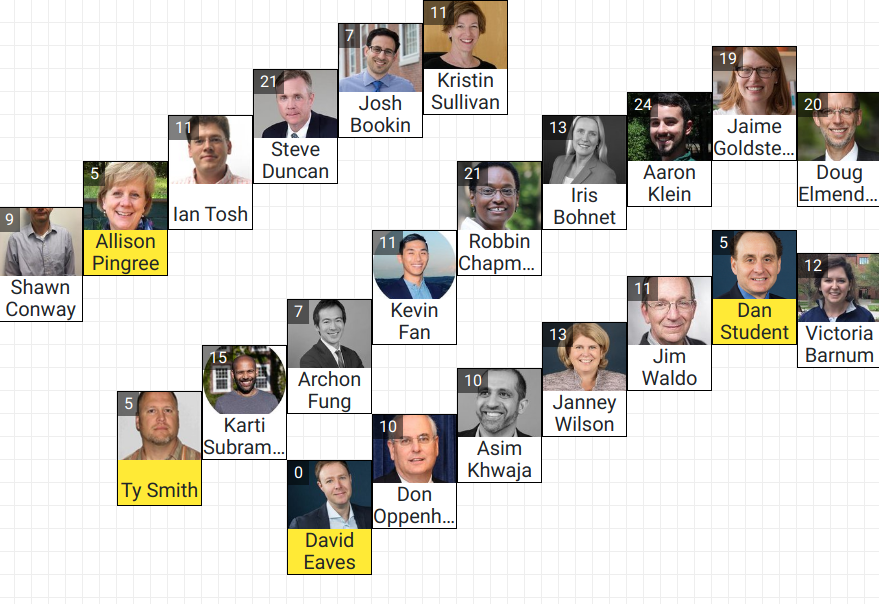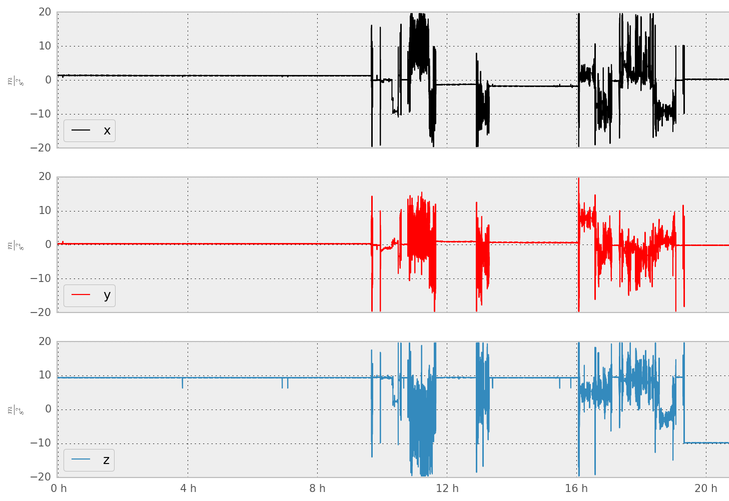Building a Centralized Public Housing Portal for Massachusetts
Commonwealth of Massachusetts EOHLC: CHAMP

Massachusetts Public Housing
Overview
The Common Housing Application for Massachusetts Programs (CHAMP) is an online portal that enables people to apply for public housing assistance in Massachusetts. Housing authorities use it to verify applicant’s personal and financial details, and offer them housing assistance. Zagaran built CHAMP nearly from scratch, and it replaced a decentralized system where someone in need of housing had to separately apply via paper application to every town or city where they might live. CHAMP is run by the Massachusetts Executive Office of Housing and Livable Communitities (EOHLC), formerly known as the Department of Housing and Community Development (DHCD).
We got involved with the project because engineers inside MassIT were working on an early prototype of CHAMP using Django, a Python web framework that Zagaran specializes in. One of those engineers messaged a Boston-area Django developers listserv, seeking urgent technical help during a late December period when most engineers were on vacation. But we jumped to reply, and then provided two weeks of technical assistance during the holidays. That morphed into progressively larger involvement with the project until Zagaran ended up being the entire engineering team behind CHAMP.
Applicant portal: usability and accessibility
For applicants, CHAMP vastly improved usability and access. Under the old system, applicants needed to apply on paper in every municipality where they wanted to live, and applying to more municipalities increased their chances of being housed somewhere. And applicants needed to submit new paper forms every time their addresses changed, which for people with unstable housing, can be very frequent. CHAMP’s online system allows applicants to apply, update, and view the status of all their applications easily and in real time.
CHAMP’s applicant portal has been built to high usability standards essential for public-facing government software. It’s a mobile-first web application with responsive layout that adapts to all desktop and mobile screen sizes. It’s designed to follow the Web Content Accessibility Guidelines (WCAG) 2.0 and has been through an accessibility audit to make sure it’s usable via mobile devices, screen readers, and different keyboard and mouse configurations; that it has high-contrast labels and text, and that the user experience (UX) and navigation are easily understandable and intuitive. The entire applicant side of CHAMP is also internationalized and translated into the seven languages most commonly spoken in Massachusetts (English, Spanish, Mandarin, Portuguese, Haitian Creole, Russian, and Vietnamese).
Municipal portal: process automation
Massachusetts’ public housing is largely run by each city or town’s Local Housing Authority (LHA), so LHAs are the primary government-side users of CHAMP. CHAMP enabled LHAs to go totally paperless, and has streamlined and largely automated their primary workflow for screening and housing applicants when a home or voucher becomes available. This core workflow consists of generating a list of the highest-priority applicants, confirming their eligibility, and offering the home to the highest-priority eligible applicant.
CHAMP’s LHA portal automates generating PDF letters to request additional documentation and notify applicants of determinations or updated data. The LHA portal also manages and archives documents received, notes, and applicant histories. It includes a tool for automatically identifying and reconciling or merging duplicate applications.
With each program rollout, Zagaran has run very challenging data migrations to pull data from the 237 LHAs’ various systems (including paper records, Microsoft Access databases, and several different off-the-shelf products), deduplicate the data, and centralize it in CHAMP.
State government portal: compliance and reporting
Massachusetts EOHLC uses CHAMP to oversee public housing in Massachusetts and make sure LHAs are running programs in accordance with state laws and regulations. Zagaran has built custom reporting into CHAMP, and also built integrations that pipe data from CHAMP into EOHLC’s other Business Intelligence software. CHAMP includes special modules for compliance auditing so EOHLC can check whether municipal LHAs are entering applications within the mandatory period of time, are reporting correct information on housing unit vacancies, are filling the vacancies with eligible applicants, and are following correct procedures in how they allocate homes.
EOHLC’s administrator portal ensures transparency and accountability. CHAMP’s audit logging records every significant system action and update to an individual’s application. CHAMP also automates lotteries for housing units, replacing physical bingo wheels that were sometimes used before the software rollout. EOHLC also has features to manage LHA users and waitlists.
Throughout the project, much of the development challenge has stemmed from writing software to enforce regulations and policies. In one notable instance, EOHLC’s legal team was unsure how to interpret a regulation. Instead of pausing software development, Zagaran built the relevant feature with a simple toggle that could be switched later, depending on the interpretation the Department ultimately settled on.
Agile development and deployment of critical government software
EOHLC has managed the project strategically. LHAs began using CHAMP months before the applicant portal’s public launch, giving them time to be trained on the software and become familiar with it, and giving Zagaran time to fix minor bugs or usability issues that arose. Zagaran also ran simulated load testing on CHAMP before the public launch to ensure the DevOps setup would be sufficient to handle a possible surge in applicants.
Also, CHAMP has rolled out one program at a time, first for state-aided public housing, then for the Alternative Housing Voucher Program (AHVP), and will support more programs in the future. This is a useful application of agile development in critical government software. On the engineering side, focusing on only one program at a time makes it easier to construct a modular system and deploy smaller pieces that can be quickly tested. And on the business requirements side, it reduces the number of approvals and compliance decisions needed for each project, while also de-risking the project for programs later in the pipeline, since they can see in more detail how they’ll fit into an existing platform.
Because CHAMP handles highly sensitive personal data and PII, it’s built with end-to-end encryption and other industry best practices for security, including MFA for staff users. CHAMP has been through multiple security audits which have found minimal issues.
The custom software advantage
Custom software (built using Python’s Django framework) has made CHAMP much more flexible and performant than if it had been built by configuring off-the-shelf software. CHAMP plugs into off-the-shelf Business Intelligence systems for EOHLC’s reporting functions, but the core of the software is all custom, which means it runs fast and feels like a smooth product from a startup, and it doesn’t require paying any recurring license fees to a vendor. Because it’s custom software, it can be built with infinite flexibility to match regulatory requirements and existing business processes much more closely than an off-the-shelf system could be customized to do.
CHAMP won a Manuel Carballo Governor’s Award for Excellence in Public Service for "creativity and innovation" and "achievement of significant improvements in productivity and/or cost savings in agency operations." And most importantly, CHAMP has helped thousands of Massachusetts residents receive housing via a fair and transparent process.

